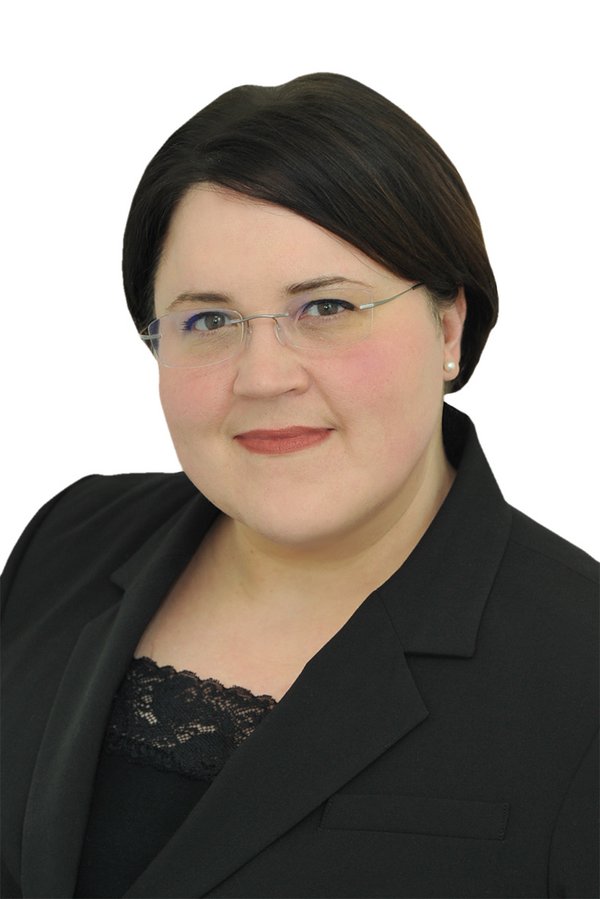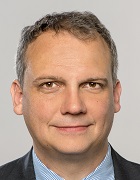Integrating HPC with Quantum Computing: How, When, and for What?
Quantum Computing (QC) is emerging as a new computing paradigm with substantial promise for targeted workloads. What is already clear is that that QC at usable scale will only be helpful in combination with HPC. Consequently, effort towards a tight integration of the two technologies is needed and questions are being raised, such as: (1) how should quantum acceleration be integrated into HPC systems, (2) when will QC to mature enough to enable integration, and (3) which applications can truly maximum the benefit of HPC and QC together?
For the SC21 event page:
https://sc21.supercomputing.org/presentation/?id=bof150&sess=sess393
PROGRAM
We’ve invited a number of high performance computing and quantum computing experts to provide their views on key issues related to emerging quantum technologies and their relationship to HPC.
In this panel, we’ll cover the integration of quantum systems into HPC facilities, systems and applications. Our panelists are:
| Speaker |
|---|
| Laura Schulz, Leibniz Supercomputing Centre (LRZ) |
| Frank Müller, North Carolina State University |
| Anne Matsuura, Intel Labs |
| Travis Humble, Oak Ridge National Laboratory |
| Martin Ruefenacht, Leibniz Supercomputing Centre (LRZ) |
| Mikael Johansson, CSC – IT Center for Science |
ORGANIZATION
Co-Chairs

Sven Karlsson
DTU, Denmark
Co-Chairs

Laura Brandon Schulz
LRZ, Germany
Co-Chairs

Martin Schulz
TUM, Germany
Web Chair
-
Sabrina Schulte
Project Manager
-
Trang Huynh
Web Developer
-
Veronika Hohenegger
Graphic Designer
- LRZ-Webhosting-Team
Session FAQ
The session ran short of time. Remaining questions from the participants are found here:
Q: How can we can send off a quantum state over a network without affecting the qubit? For scaling QC, how would you make sure that you don't collapse the qubit during communications protocols that are used in HPC?
A: There are multiple ways to approach this.
Interpretation 1: After measurement, the quantum state (likely with entanglements and superpositions) has collapsed into a single discrete state, which can be transmitted like any other classical state.
Interpretation 2: In a teleportation / quantum switch transmission, entanglements are created over a communication channel. This is not the same as "sending a state" (see teleportation literature).
Interpretation 3: A switch combining multiple quantum devices needs to use a device-native communication backbone (e.g., RF resonance channels for uperconducting devices, photonic channels for ion traps) to allow qubits to interact directly. This would not be an electrical (classical) channel.
Quantum networking likely requires dual networks, one for the classical messaging and another for the quantum messaging. Synchronization, even on a local area scale, will be complex and depending on accurate timing.
For quantum internet development, quantum repeaters have been a topic of research and a holy grail for a long time now. Research continues on this topic.
Q: What is your top prediction for QC in 2022?
A: Quantum will still be the topic of much hype. More quantum computers coming online for enhanced use by the community. We predict we will see the first demonstration of (slight) quantum advantage for a real-world problem, running on general-purpose gate-based hardware. In terms of number of qubits we expect a doubling, i.e., up to perhaps 256 qubits.
Quantum machines based on different kinds of qubits that are just coming to maturity will start to appear.
Q: Error correction has been a major issue in the quantum computing research efforts. How can it be dealt with?
A: From Intel's perspective, they have ideas about measurement-free error correction that they hope will pan out for them in the future.
Q: How does intel lab's simulator compare with NVIDIA's cuquantum?
A: The Intel Quantum SDK is a C++ based full-stack in simulation, with a LLVM-based compiler with quantum extensions, a runtime environment adapted for quantum a qubit control processor in software form and various qubit simulators, including a high performance state vector-based generic qubit simulator optimized for distributed nodes, a tensor network based qubit simulator and soon as quantum dot qubit simulator that will look more like the Intel qubit chip.
Q: With the issues of fidelity utilizing quantum computers, how do you think this will affect the HPC when a result comes back from QC? Does HPC have a solution?
A: The fidelity (accuracy) of a quantum computing results with individual devices can be improved with error correction and fault tolerant protocols. However, these concepts will need to be scaled up to the system and application level - this is an active area of research.
Q: Do you foresee each HPC site to have their own QC? Or will this be provided by tech giants via the cloud? Can you address security challenges (e.g. encryption)?
A: We think it will be mix. Cloud-service providers will start offering tightly coupled HPC+QC solutions as well. For large workloads, having a "local" installation as part of the infrastructure of HPC centres will be most cost-effective, just as with classical HPC resources. For special needs, cloud-solutions will be ideal, as large investments into niche solutions can be avoided; niche here defined as a relatively small portion of users and computing-power demand compared to the overall volume.
In the short term, probably only few tier-1 site will look into co-locating a quantum device, most researcher will use quantum devices in the cloud. If the quantum user community reaches a critical mass and given tangible algorithmic problems with a quantum advantage in terms of complexity, this may become more common. The other part of the equation depends on engineering progress to scale up quantum devices in qubits and down in form factor and cooling requirements (material research), which could shift things to more local deployment at HPC centers.